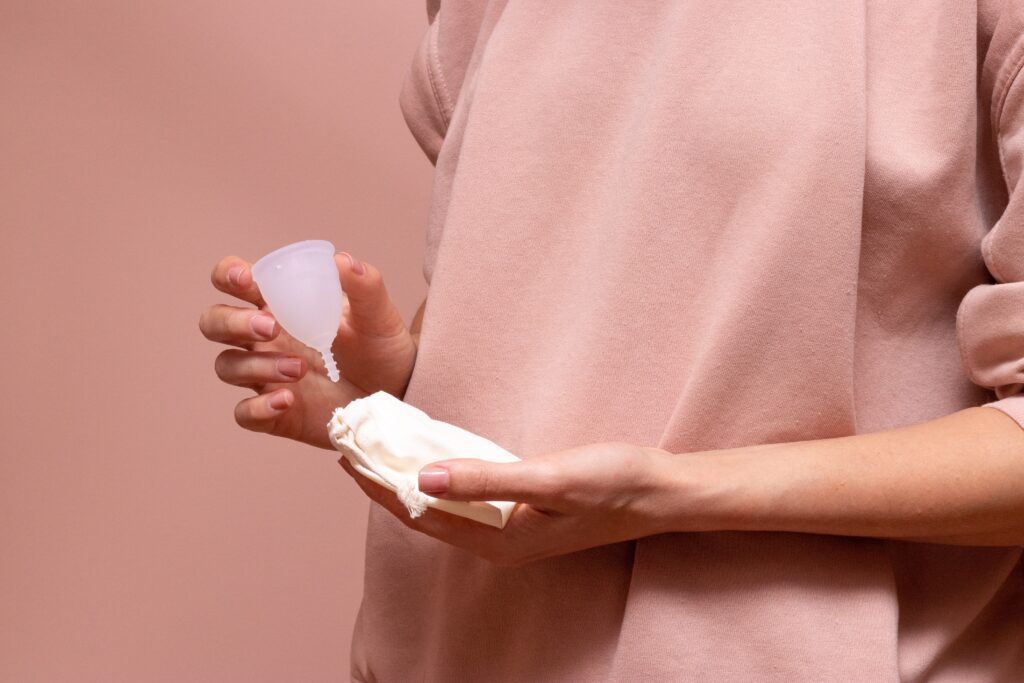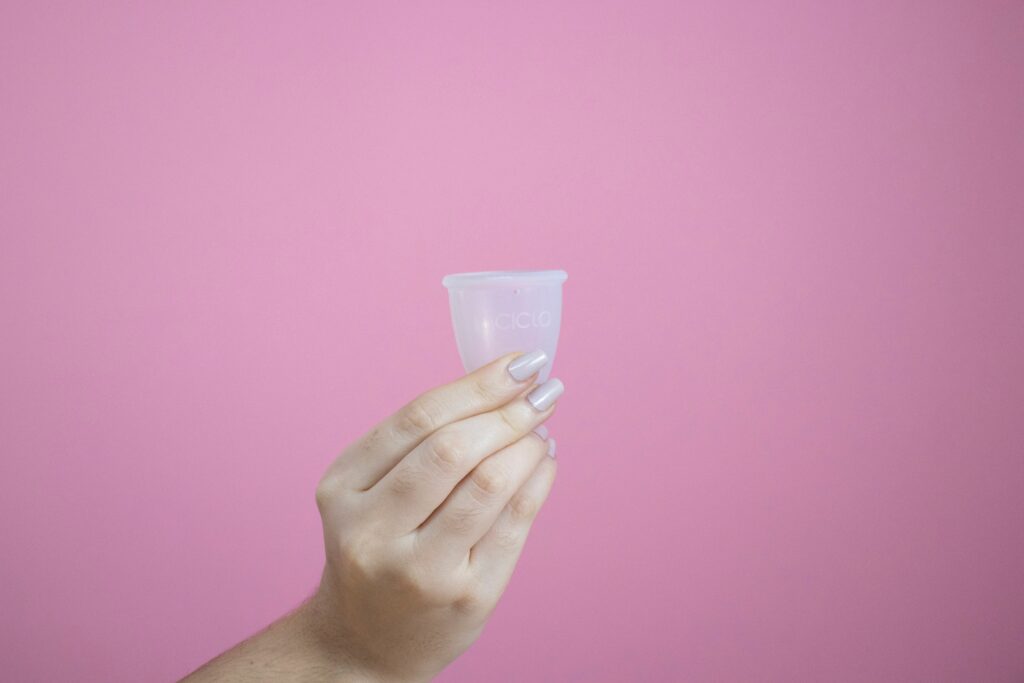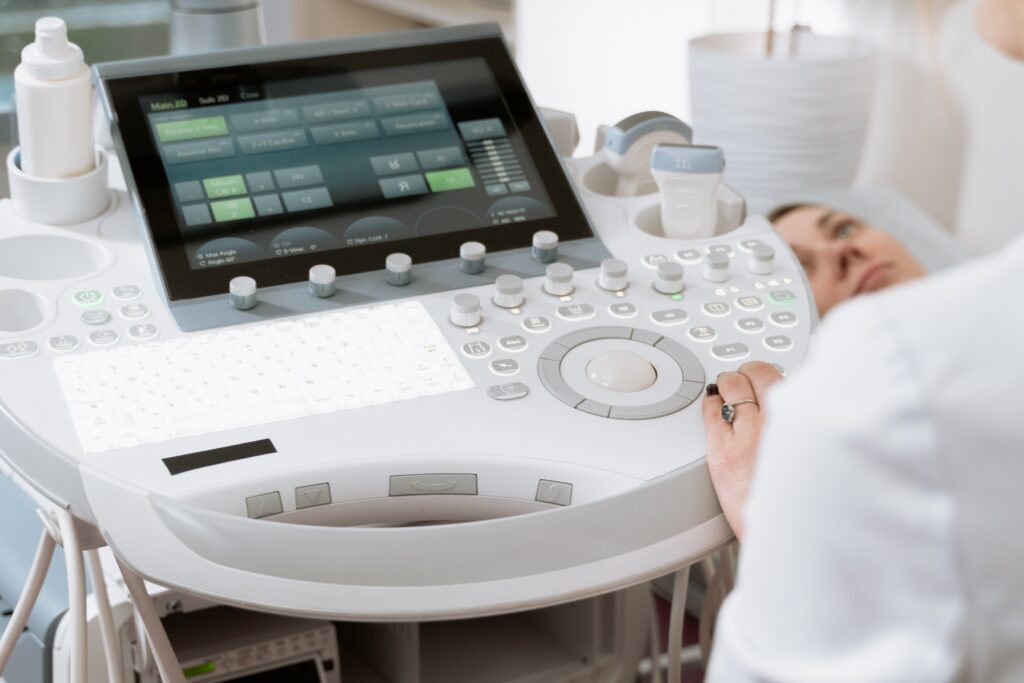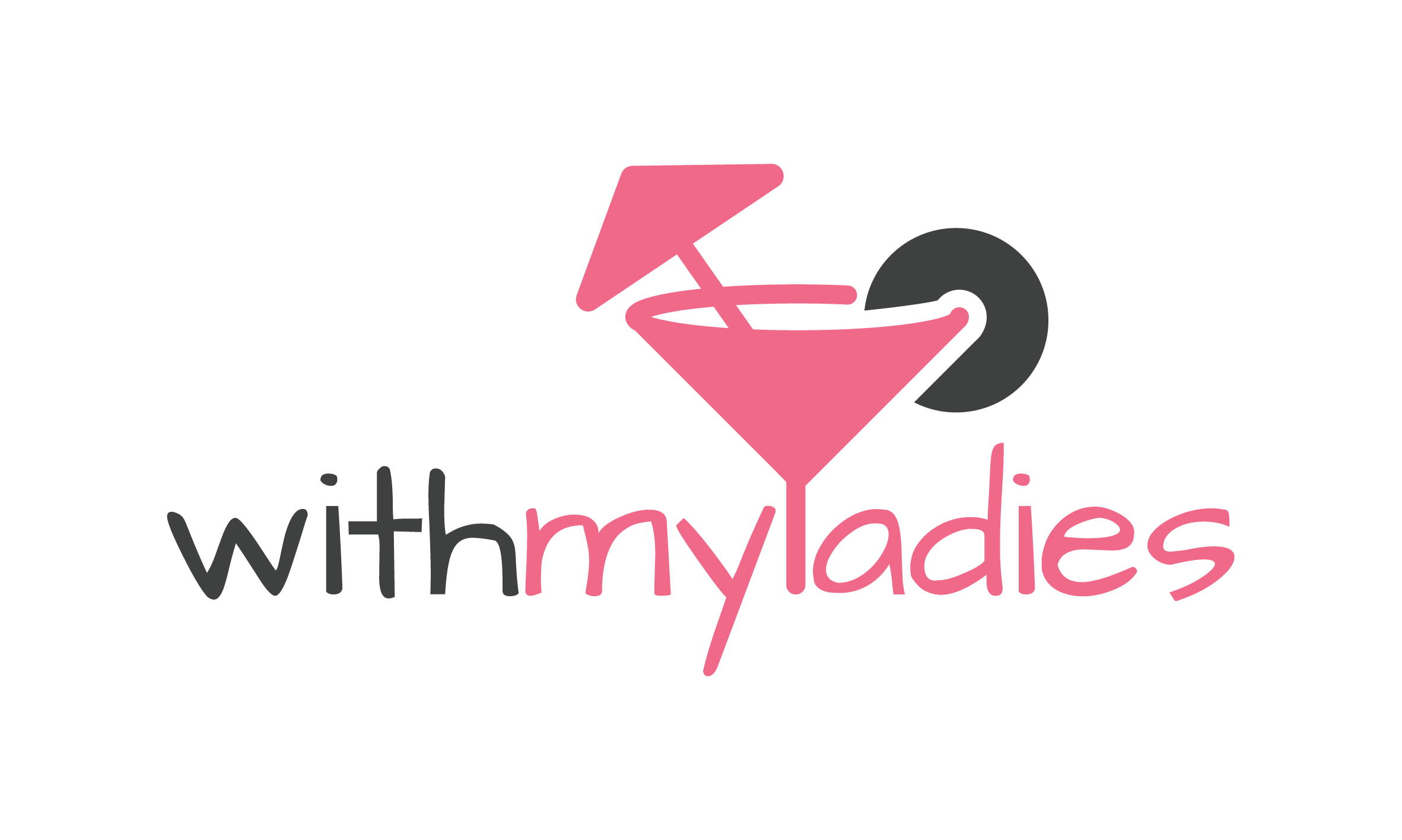Menstrual Cups: A New Tool For Conception?
Trying to conceive can be difficult, and many couples are willing to try anything to increase their chances of success. Recently, some women have started using menstrual cups as part of their quest for pregnancy. Many experts have weighed in on this new trend, but what do they have to say?

Let’s look at the facts of using menstrual cups to help women conceive.
Menstrual cups help aid conception because they can help women better understand their ovulation cycle. By collecting data on the characteristics of menstruation blood, women can learn more about their bodies and when they are likely to be most fertile. This type of tracking makes it possible for women to know precisely when to attempt conception.
In addition, menstrual cups have been said to help boost fertility by helping create an optimal environment for sperm survival within the body. Of course, only medical professionals can provide accurate information on this, so let’s see what they say.
According to Dr. Christine Greves, an ob-gyn at Winnie Palmer Hospital, scientific studies cover menstrual cups used for conception. This makes it hard to know for sure since many factors influence getting pregnant.

Dr. Iris Isogna of Columbia University Fertility Center says that, theoretically, a menstrual cup can increase the chances of pregnancy since they keep the sperm closer to the cervix. A women’s health expert, Dr. Jeniffer Wider, agrees that menstrual cups acting as a blockage encourage sperm to move towards the cervix to the uterus.
While many potential benefits are floating around from using menstrual cups during attempts at conception, are there any risks to be considered as well? Dr. Wilder states that while the option is low risk, improper insertion of a menstrual cup could cause irritation or injury to the vaginal walls, affecting fertility outcomes.
Additionally, if left in too long or not emptied frequently enough, bacteria buildup could lead to bacterial vaginosis.
Insogna recommends consulting with a doctor or fertility expert before beginning any treatment plan designed around using menstrual cups for conception. Rushing to menstrual cups could take away from time that would otherwise have been invested in seeking expert help from a doctor who can devise effective ways to better conception success rates.

Dr. Christine Greeves, however, gives women the go-ahead to use menstrual cups if they have not had previous issues.
Using a menstrual cup during conception attempts may provide many benefits, such as an improved understanding of one’s ovulation cycle, increased sperm survival time within the body, and improved fertility outcomes overall.
However, these devices must be used safely and appropriately to avoid potential risks associated with misuse or incorrect insertion technique. If you think that using a menstrual cup might be right for you while attempting pregnancy, talk with your healthcare provider first so they can provide guidance on safe usage practices and answer any questions you may have.
